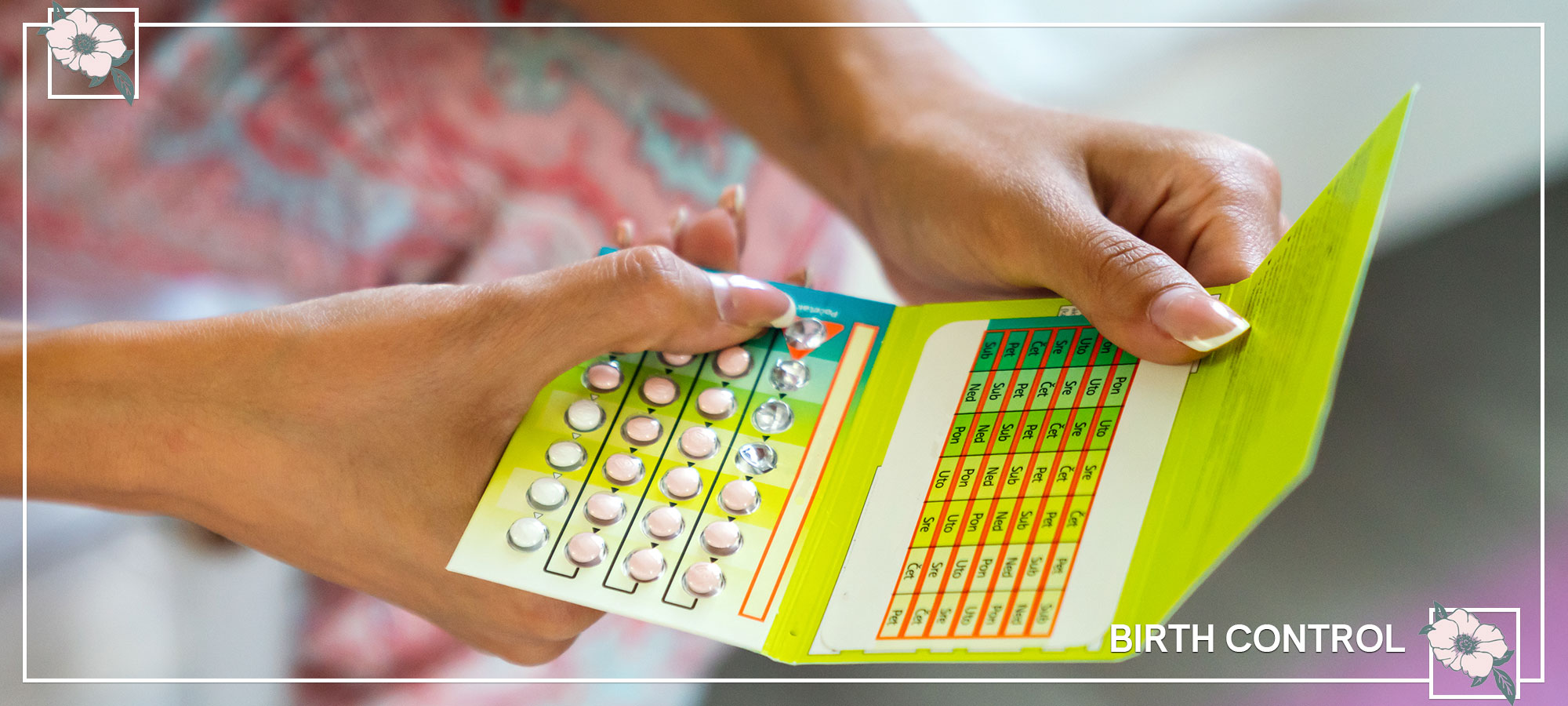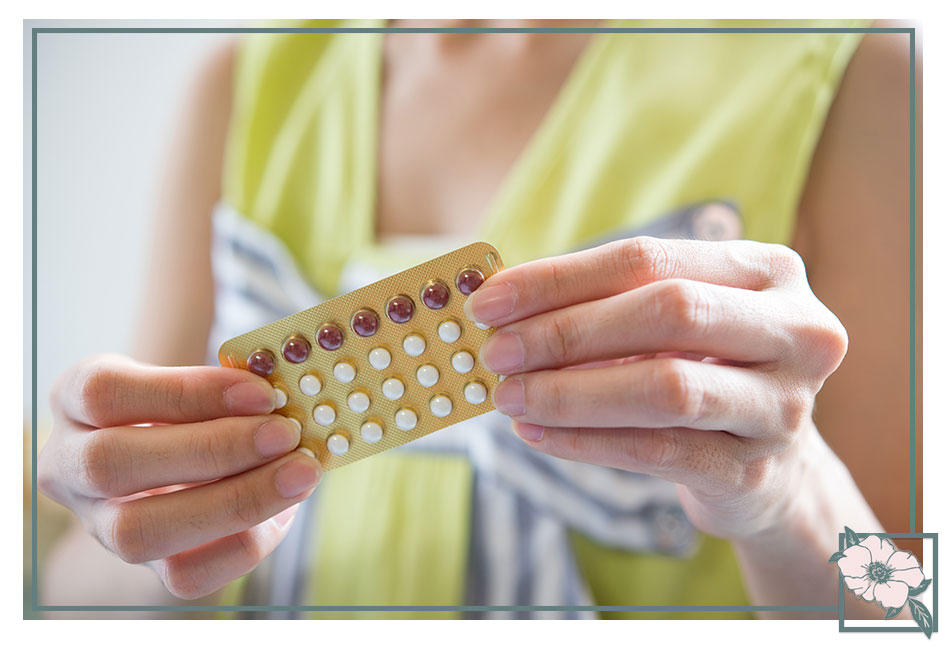
Birth Control
Southern Crescent Women’s HealthCare
Birth control is a tool that enables you to decide when you wish to start a family, empowering you to live a life you love. The highly qualified multidisciplinary obstetrics and gynecology team at Southern Crescent Women’s HealthCare, serving the populations of Fayetteville, Newnan, and Stockbridge, Georgia, provides a full range of birth control options and can help you choose the method of contraception that’s best for your needs. Call the clinic today to schedule a consultation, or book an appointment online.
Birth Control Q & A
What is birth control?
Birth control, or contraception, is a way to take charge of your fertility so you only have a child when you’re ready to start a family. There are many kinds of birth control products available, but by discussing the choices with your provider at Southern Crescent Women’s HealthCare, you can reach a decision as to which is the best option for you.
The simplest forms of birth control are those that form a barrier between the sperm and the egg, such as:
- Condoms
- Sponge
- Cap
- Diaphragm
There are also intrauterine devices (IUDs), such as Paragard, that use copper to interfere with fertilization. Copper IUDs can last for up to 10 years.
If you don’t wish to have any more children, permanent sterilization is a possibility. Sterilization involves a procedure called a tubal ligation, in which the fallopian tubes are blocked or sealed to prevent any sperm reaching the eggs.

What is hormonal birth control?
Your ovaries produce the reproductive hormones estrogen and progesterone throughout your childbearing years, and by disrupting the balance of these hormones, it’s possible to prevent conception. Hormonal contraceptives prevent ovulation, thicken cervical mucus to make it harder for sperm to get to the uterus, and thin the endometrium. Forms of hormonal contraception include:
Birth control pills
Birth control pills are oral contraceptives that you take each day. Combined contraceptive pills contain estrogen and progestin, but there are also progestin-only pills that may be safer for some women.
Injections and implants
Contraceptive injections like Depo-Provera® contain progestin and are given once every three months.
Implants are small thin plastic tubes that your provider injects into your arm. Contraceptive implants like Nexplanon® release hormones into your system over a three-year period.
Intrauterine devices (IUDs)
Hormonal IUDs provide long-term protection from pregnancy. Mirena® and Kyleena® IUDs are effective for up to five years, while Skyla® prevents pregnancy for up to three years. Although they are all hormonal forms of IUD, each has distinct features that suit individual patients.
Vaginal rings
Vaginal rings, such as the NuvaRing®, are small pieces of flexible plastic that you wear for three weeks, before removing for a week then inserting a new ring.
Being able to choose when to take the life-changing step into parenthood enables you to lead the life you want without the risk of becoming pregnant. For help with contraceptive choices, call Southern Crescent Women’s HealthCare today, or book an appointment online.

